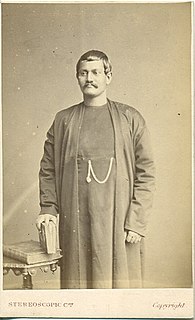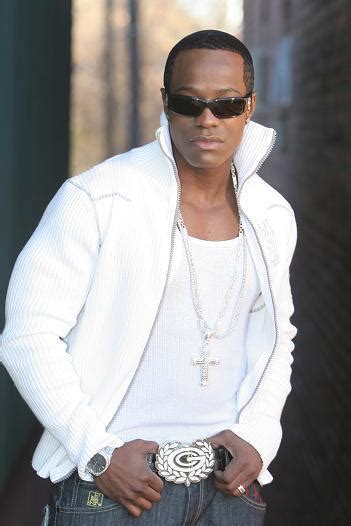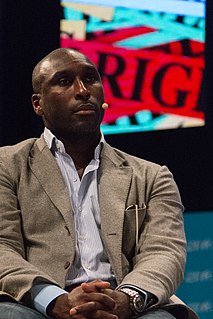A Quote by Malcolm Gladwell
The world is not a meritocracy, as much as we may like to pretend that it is. And we have a long way to go before we really reward people based on their own merit.
Related Quotes
Your mind can't always tell the difference between pretend and reality if you pretend too long; or if you go too deep and really believe in what you're doing. If you're going to be that kind of actor and go way out there, it's really important to take care of yourself and have a safe place, whatever that is.
Cross-cultural reality testing forces people to examine both their own and others' understandings of reality. Most people simply assume that the
way they look at things is the way things really are, and judge other cultures' views of reality before understanding them. These judgments are
based on ethnocentrism, which closes the door to further understanding and communication. Furthermore, ethnocentric judgments keep missionaries from examining their own beliefs and values to determine which of them are based on biblical foundations and which on their cultural beliefs.
That's really the essence of what any fiction writer does. Some of it is research-based, but most of it is a really long-term, imaginative, empathetic effort to see the world the way someone whose experiences remote from yours might see it. Not every writer works that way; some writers make a wonderful career out of writing books that adhere very closely to how they view the world. The further I go with this, the more interested I get in trying to imagine my way into other perspectives that at first seem foreign to me.
Because we're becoming such an urban nation, we're going to need to be producing so much more food in cities. These institutions have members, obviously. They have the resources to start projects like urban farms and gardens, teaching tools, and the ability to educate their members so that they can then go home and start their own urban gardens. I just really think that faith-based institutions can take the lead in creating community-based food systems, and I'd really like to see that happen.


































